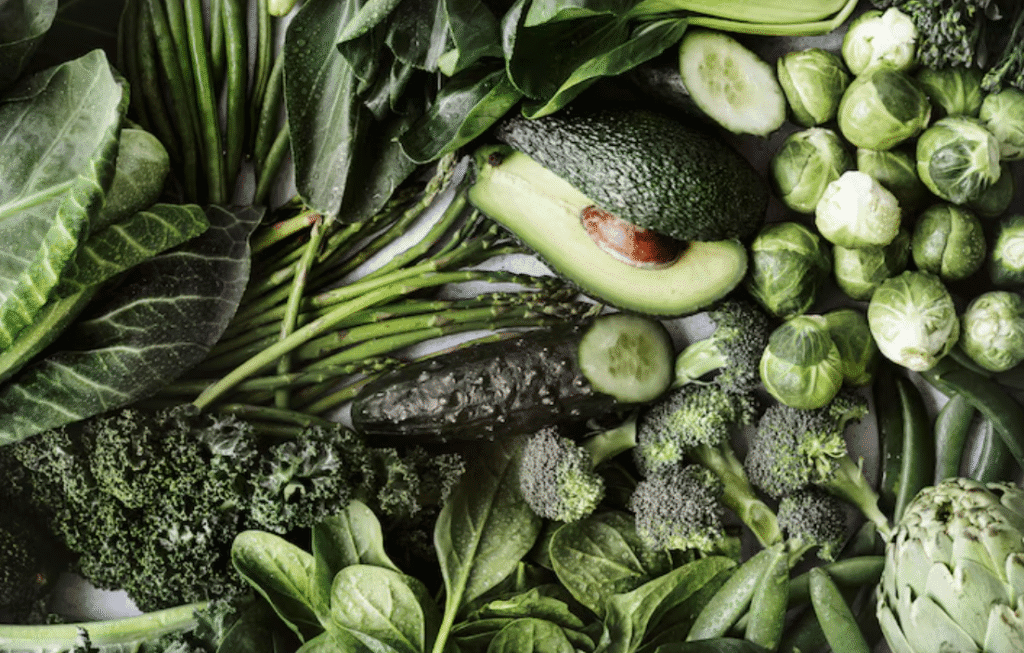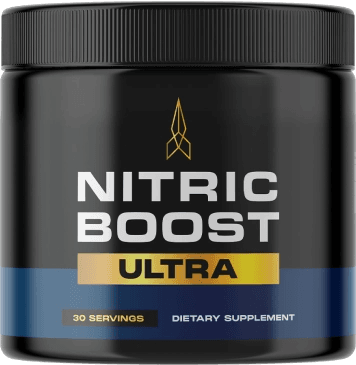Switching to a vegan diet can bring numerous health benefits, but like any way of eating, it requires thoughtful planning to ensure you’re meeting your nutritional needs. With the right knowledge and food choices, a vegan diet can be both nutrient-rich and sustainable.
This guide explores essential nutrients that deserve special attention on a vegan diet—how to get them from plant-based sources, what to supplement, and tips for creating balanced meals.
🌾 1. Protein: Building and Repairing Your Body
Protein is made up of amino acids and is crucial for muscle repair, immune function, and hormone production.
🥦 Best Vegan Sources:
- Legumes: Lentils, chickpeas, black beans
- Soy: Tofu, tempeh, edamame
- Whole grains: Quinoa, brown rice, oats
- Nuts and seeds: Almonds, sunflower seeds, chia seeds
- Vegan protein powders: Pea, hemp, brown rice protein
💡 Tip: Combine different protein sources over the day to ensure a complete amino acid profile.
💊 2. Vitamin B12: The Critical Supplement
Vitamin B12 is essential for brain function and red blood cell production. It’s produced by bacteria and is not reliably found in plant foods.
✅ How to Get It:
- Fortified foods: Plant milks, breakfast cereals, nutritional yeast
- Supplements: A weekly high-dose (e.g., 2,000 mcg) or a small daily dose (e.g., 25–100 mcg)
⚠️ Important: B12 is non-negotiable for vegans. Deficiency can lead to irreversible nerve damage.
🔩 3. Iron: Energy and Oxygen Transport
Iron supports red blood cell formation and energy levels. While plant-based iron (non-heme) is less readily absorbed than animal-based iron, absorption can be boosted.
🥬 Iron-Rich Plant Foods:
- Lentils, chickpeas, tofu
- Spinach, kale, swiss chard
- Pumpkin seeds, quinoa
- Fortified cereals
💡 Boost absorption: Eat iron-rich foods with vitamin C (e.g., bell peppers, citrus, strawberries). Avoid tea or coffee with meals—they inhibit iron uptake.
🦴 4. Calcium: Strong Bones and Teeth
Calcium is vital for bone health, muscle function, and nerve signaling.
🥛 Best Vegan Sources:
- Fortified plant milks and juices
- Tofu (set with calcium sulfate)
- Leafy greens: Bok choy, kale, collards
- Almonds, sesame seeds, tahini
💡 Check labels: Choose plant milks fortified with at least 25–30% of the RDI per cup.
🧠 5. Omega-3 Fatty Acids: Brain and Heart Health
Omega-3s, especially ALA, EPA, and DHA, are important for brain function and reducing inflammation.
🌰 Plant Sources of ALA:
- Flaxseeds (ground)
- Chia seeds
- Walnuts
- Hemp seeds
Because conversion from ALA to EPA/DHA is low in the body, many vegans take algae-based DHA/EPA supplements for optimal coverage.
🌞 6. Vitamin D: Immunity and Mood Support
Vitamin D supports bone health, immune function, and mood regulation. It’s synthesized via sunlight exposure but is often insufficient, especially in colder months.
☀️ Options:
- Sunlight: Aim for 10–30 mins several times a week (depends on skin tone and location)
- Fortified foods: Plant milks, cereals
- Supplements: Vitamin D2 (vegan) or plant-based D3 (from lichen)
🧠 7. Zinc and Iodine: Small but Mighty
- Zinc supports immunity and wound healing. Found in legumes, nuts, seeds, and whole grains.
- Iodine is crucial for thyroid function. Use iodized salt or consider seaweed (watch intake to avoid excess).
🧺 8. Sample Balanced Vegan Plate
🌈 A well-rounded meal might include:
- Quinoa (protein + iron)
- Roasted chickpeas (protein + zinc)
- Steamed kale (calcium + iron)
- Roasted sweet potatoes (vitamin A)
- Avocado (healthy fat)
- A squeeze of lemon (vitamin C to boost iron)
- Fortified plant milk on the side (calcium + B12)
🧭 9. Tips for Healthy Vegan Meal Planning
- Plan ahead: Batch-cook grains and beans to save time.
- Eat the rainbow: Diverse colors = diverse nutrients.
- Don’t fear supplements: Especially for B12, D, and DHA/EPA.
- Track nutrients occasionally: Use tools like Cronometer to ensure you’re on track.
- Stay hydrated and mindful of fiber: Vegan diets are high in fiber—add new foods gradually to avoid digestive upset.
🧠 Conclusion: Smart Planning = Vibrant Vegan Health
Veganism, when practiced with nutritional awareness, can be incredibly healthy and fulfilling. By focusing on whole foods, key nutrients, and simple supplementation, you can thrive on a vegan diet—fueling your body, respecting the planet, and living in alignment with your values.




